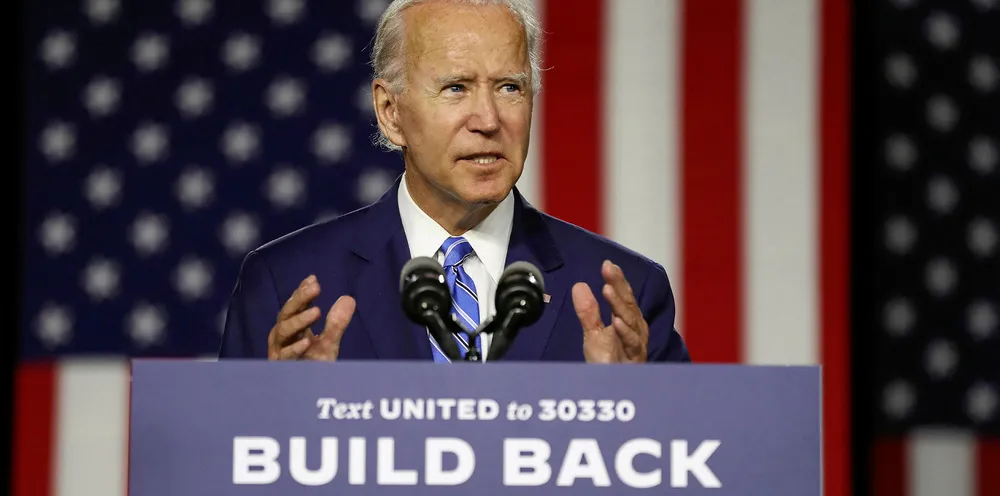'Pragmatic Biden has political know-how to push green agenda'
Should the presidential candidate get into the White House, his planned agenda won't be easy to implement but elements may remain workable, writes Richard A Kessler

Should the presidential candidate get into the White House, his planned agenda won't be easy to implement but elements may remain workable, writes Richard A Kessler
